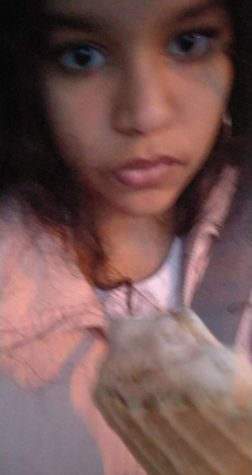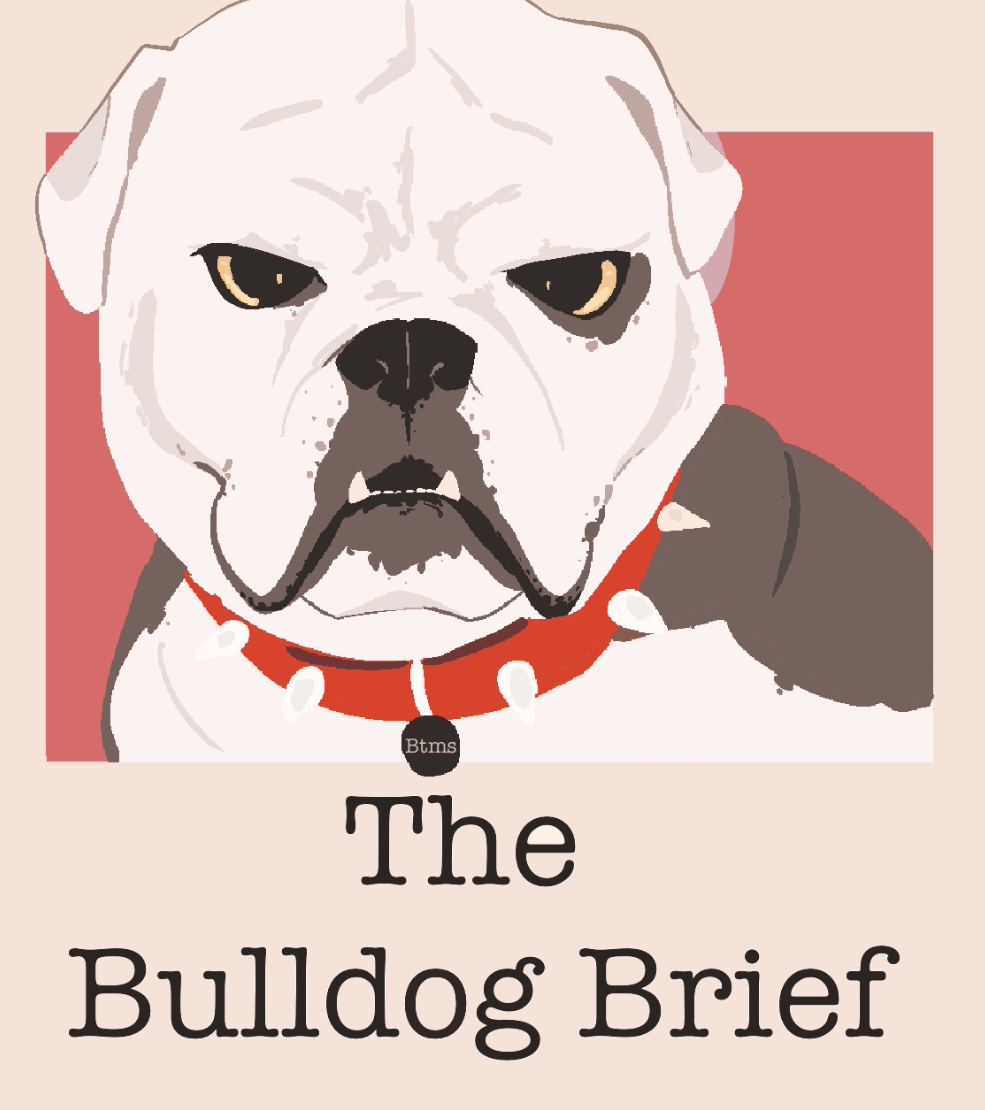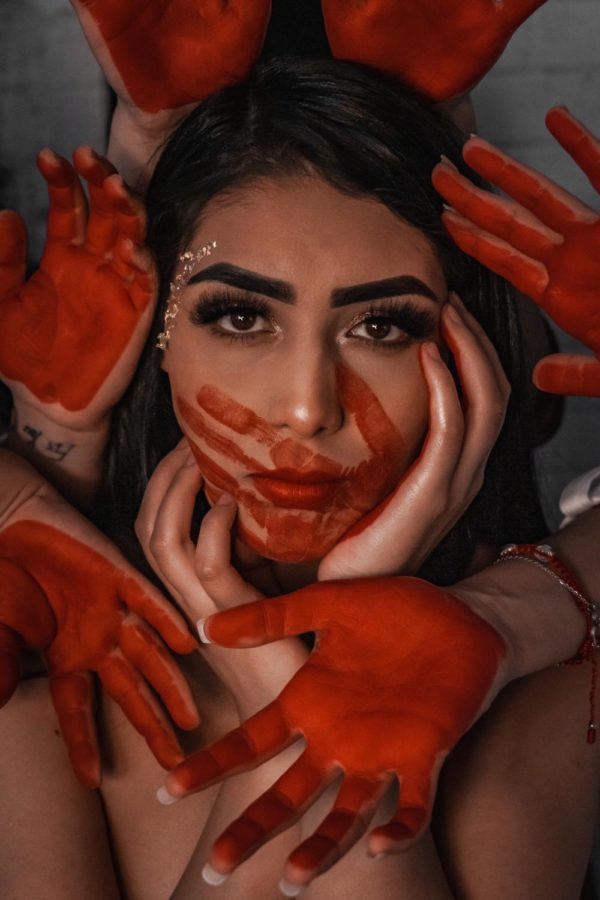Violence Against Indigenous Women
Photo by Jennifer Marquez on Unsplash
Violence against women and minority groups is unfortunately very common in the society we live in, so much in fact, that it has become normalized for many individuals and families (THOUGH it still brings so much trauma). One of the least talked about, but more shocking statistics in violence and missing cases comes from the Native and Indigenous groups in the US (I don’t see why there wouldn’t be hate against Aboriginal Australians as well, but I haven’t done research on them for this article). Reading this article can raise much-needed awareness in our generation and slowly help change things.
There is much racial and sexist injustice in our society; we all know it. To keep this article concise but clear, I won’t be heading into this topic all as much as I would like to, although I will give some information to sum up why we don’t hear about these cases at all.
People seem to forget about and do not acknowledge the Native Americans that live amongst us. You can see this through casual observation, which will inform you that oftentimes, people tend to leave them out as a race/ethnicity when discussing race and race issues, except during your English/Social Studies Class. When you notice that, it makes a lot of sense. Another thing that shuffles things up and makes things harder for victims’ families is the federal rules of reservation of Native peoples’ lands. On the Native Hope website, they explain “78% of America’s Native population lives off of the reservation [federally reserved land for the Indigenous peoples] with 60% of those residing in an urban area. Cities offer few ties to Native cultures, communities, and tribal law enforcement.”
The acronym, MMIW, stands for ‘Missing and Murdered Indigenous Women.’ Yeah, no, do NOT say that Indigenous Women don’t need an acronym and that they have more privilege, and no one does that about this problem or that problem. YES, those causes you just thought of probably matter just as much as this one! It is just that this is less known comparatively, and more severe. So severe, we really have to bring this to our attention. There are 2 MMIW days: one on February 14th, and the other, on May 5th. On the 14th, there are big marches, parades, and protests to bring this problem to attention. The largest march happens in Vancouver, BC, and has become really popular for fighting along with MMIW. Funny how we don’t seem to see people often talking about this at school, on the news, or on social media.
An Analyst in Social Policy, Emily J. Hanson, took data from Native Americans and native Alaskans in the US, and put together that 82% of native men and 84% of native women have experienced some form of violence. She reports more numbers, and everything is shown in plain sight. “In November 2021, 3.6% of the missing persons included in the National Missing and Unidentified Person System (NamUs) were identified as AI/AN, which was approximately four times their percentage in the U.S. population (0.9%).”
I apologize, I cannot find solid information on this, but it should be that at current times, Native Americans make up 2% of the US population, but perhaps the numbers were lower previously? Unfortunately, I have yet to find data talking about the numbers back in 2021.
This article was made to bring attention, information, and awareness in a simple and concise, but hopefully understandable, and informational way. If you would like more articles like this, please make sure to let me know in the comments, or give us a like if you enjoyed or appreciated this article, so we know what YOU guys like to see!

Who I am
Hi, I am Sanvi, I am in 8th grade. I'm 14 and I like basketball.
Why I joined Journalism
I joined Journalism because I really enjoyed it when...




Anonymous ¦ Mar 4, 2023 at 9:59 am
Thank you so much for bringing this to light! I heard about this once or twice but didn’t give it much thought. I really enjoy articles like this so maybe you could write one about Uyghurs? I couldn’t find as much information as I would like online so maybe you might be able to find more.
Sanvi Vishnum ¦ Mar 8, 2023 at 2:00 pm
I’m so glad you liked this article, and thank you for giving feedback! I will look into the Uyghur people’s history and I will most definitely try writing something.